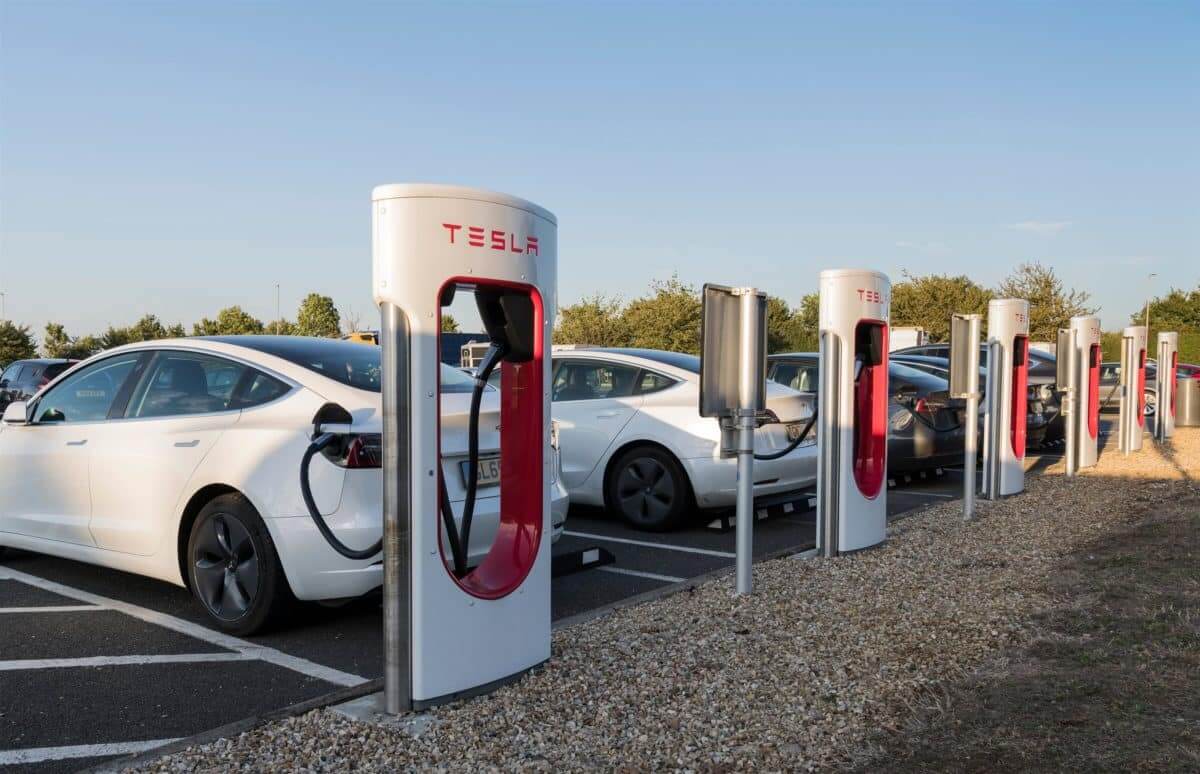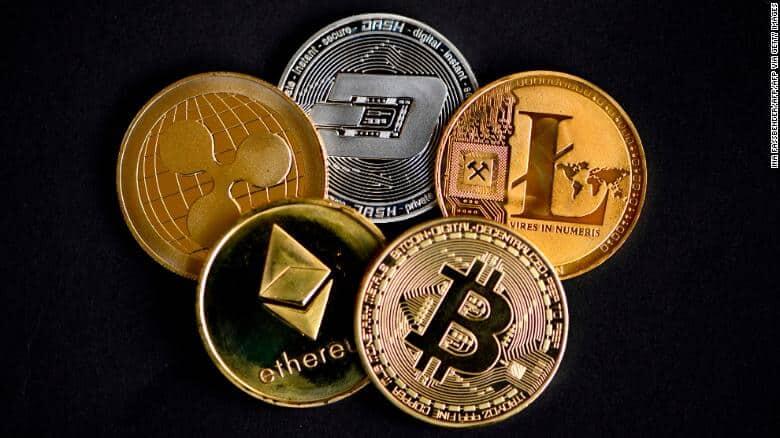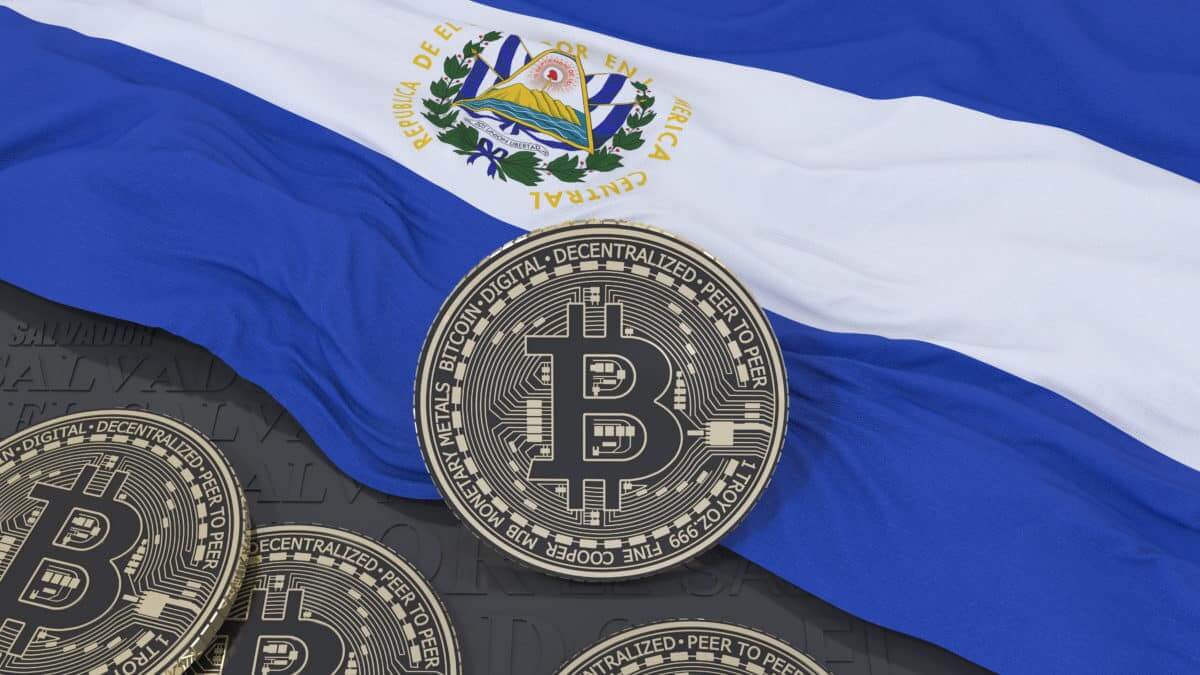
Tesla Is Open To More Crypto Investments
Tesla has yet to sell its bitcoin and appears to be optimistic about future crypto investments.
In a filing with the US Securities and Exchange Commission, the electric car maker declared that it believes in the long-term potential of digital assets. Tesla says this belief applies to cryptocurrencies, both as investments and as a liquid alternative to cash.
The SEC filing also shows that Tesla has not closed the door on investing in digital assets.
The filing also confirms that Tesla has not sold any digital assets off-balance sheet since March 31, 2021.
The electric car maker invested $1.5 billion in Bitcoin in 2021. The company sold some of its assets in March 2021 for a profit of $128 million. Since then, there have been capricious losses of $27 million in assets the company still owns.
Nonetheless, Tesla reportedly had a book value of $1.26 billion through its digital holdings at the end of the first quarter of 2022. The company revealed that as of March 31, 2022, the fair market value of Tesla-owned digital assets was $1.96 billion.

President Of Uzbekistan Issues Decree Introducing The Crypto Framework
The Republic of Uzbekistan has made further progress on local cryptocurrency regulations. Uzbekistan President Shavkat Mirziyoyev has promulgated a new decree to regulate the industry.
The new decree issued on Wednesday directs the reorganization of a primary presidential agency called the National Projects Administration (NAPM). The agency has previously promoted cryptocurrency trading in Uzbekistan. They have proposed to allow residents to conduct all types of cryptocurrency transactions in 2021.
According to the decree, NAPM will be reorganized into a new entity called the National Perspective Project Agency (NAPP). It will be responsible for various crypto regulation projects and introducing a special crypto regulatory regime in Uzbekistan.
The agency works to develop and adopt a unified national cryptocurrency policy. It also ensures investor protection and measures to combat illicit activities such as terrorist financing.
NAPP will also initiate and promote projects that apply blockchain and other new technologies in public administration and other socio-economic fields.
NAPP can create legal conditions for companies and virtual asset providers using crypto and blockchain technology, including crypto trading and mining companies, industrial stores, etc.
Participants’ salary from the unique system is subject to personal income tax at a fixed rate of 7.5%.
Uzbek President Shavkat Mirziyoyev was re-elected for a second five-year term in October 2021, taking office in 2016 after the death of longtime leader Islam Karimov. Since taking office, Mirziyoyev has launched several initiatives in the crypto industry.

Hawaii Regulates Crypto And Blockchain
Two committees of the Hawaii state legislature — Commerce and Consumer Protection (CPN) and Ways and Means (WAM) — unanimously approved the creation of a dedicated working group to study the use and regulation of the crypto ecosystem.
In a letter to Hawaii Senate President Ron Kouchi, lawmakers Donovan Dela Cruz and Roz Baker support the creation of the “Blockchain and Cryptocurrency Task Force,” first proposed in SB2695.
SB2695, titled “Cryptocurrency-Related Bill,” seeks to create a task force within the Budget and Treasury to review and organize cryptocurrency and blockchain data nationwide. The task force will return its findings and possible legislation to state legislatures, including a plan to expand blockchain adoption in the private and public sectors.
After the law is signed, the Blockchain and Cryptocurrency Working Group must report its findings and recommendations at least 20 days before its regular 2023 meeting.
The working group will consist of 11 representatives from blockchain payment solutions companies, cryptocurrency exchanges, and cryptocurrency associations, whom the governor will appoint.
On Wednesday, Brazil’s Senate passed its first cryptocurrency-related law in a plenary session, calling for a regulatory framework.
The bill awaits approval by the House of Representatives before President Jair Bolsonaro signs it into law.

El Salvador Bitcoin Wallet Shows Strong Signs Of Adoption
El Salvador’s government-backed Bitcoin wallet has seen notable success in adoption.
The Chivo wallet was launched alongside BTC, which became legal tender in El Salvador on September 7, 2021. The official platform allows users to buy and sell bitcoins. It also offers crypto custody and exchange services provided by Mexican crypto exchange Bitso.
Felipe Vallejo, Bitso’s chief corporate and regulatory affairs officer, said on Friday that Bitso essentially provided the back-end technology to allow the government of El Salvador to buy bitcoin and ensure that BTC is convertible into US dollars.
According to Vallejo, Chivo has been a massive success in the seven months. However, it had a somewhat bumpy launch when the wallet ran into technical issues and even went offline.
Through the partnership with Chivo Wallet, a significant portion of the population has turned to the app for secure and easy transactions. Vallejo pointed to a study by the National Bureau of Economic Research that found that 40 per cent of those who downloaded the Chivo wallet went on to use it after receiving a government reward.
Vallejo said 20% of Salvadorans continued to use the Chivo wallet after spending the $30 free bonus in BTC. Economists see this as a strong signal of growing adoption, especially compared to El Salvador’s embrace of traditional financial services. According to some sources, only 29% of adults in El Salvador had a bank account in 2017.
The executive also highlighted the strength of the acquisition of Chivo in the context of other cryptocurrency exchanges.
El Salvador, a country of 6.49 million people, has 2.6 million Chivo users.
Bitso And Chivo Hope To Increase Adoption
Bitso and Chivo plan to educate people about crypto and blockchain.
The main barrier to cryptocurrency adoption in Latin America and globally is education.
Vallejo said they expect adoption to increase. They continue to provide Salvadorans with information and tools to understand better and use innovative technologies.
He mentioned that Bitso also holds educational services in Argentina, Chile, Colombia, Mexico, Peru, and Uruguay.




